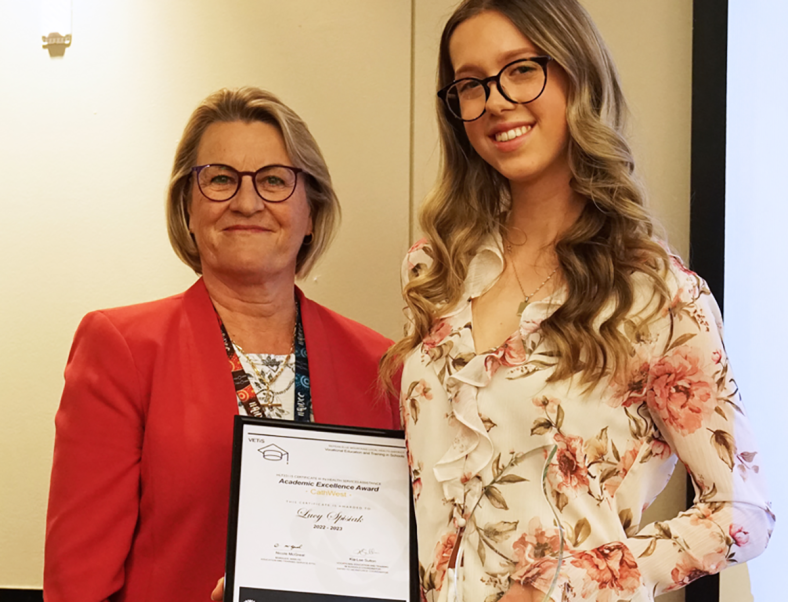“Australian businesses looking for alternative markets to China during the current trade tensions could have their efforts undermined by the closure of language programs by a number of our universities,” Innes Willox, Chief Executive of the national employer association Ai Group said today.
“La Trobe University and Murdoch University have both announced that they will close their Indonesian programs this year, continuing a long-term and disturbing national trend of reducing the number of student places in ASEAN languages. There is talk that other institutions will follow suit.
“There is an economic cost to these decisions and it is an own goal for us to reduce our regional language expertise at a time when exports to ASEAN are expanding. Ai Group is this year issuing more Certificates of Origin for exports to ASEAN than China with 25% issued for China compared with 30% for ASEAN. To maintain and grow our regional markets requires a workforce that is literate in Asian language and culture.
“We have been talking about the need to develop an Asia Ready Workforce Strategy for more than a decade and such an approach is needed now more than ever. We need businesses that understand regional languages, culture, politics and legal hurdles and without the foundation of school and university language programs this is potentially a lost cause.
“We have just signed up to Regional Comprehensive Economic Partnership, and are just starting to capitalise on IACEPA, the new FTA with Indonesia and this appears to be a short-sighted decision that ignores anticipated demand. A key plank of IACEPA is a skills exchange program between related companies in Indonesia and Australia and if employers don’t have access to Australian staff with some Indonesian language skills they won’t be able to benefit from the program.
“There is a lot of talk about the need for businesses to find alternative markets to manage the increased risk of relying on China. Indonesia, and ASEAN in general, are the most viable alternatives to China and we need a skilled workforce to capitalise on opportunities,” Mr Willox said.








